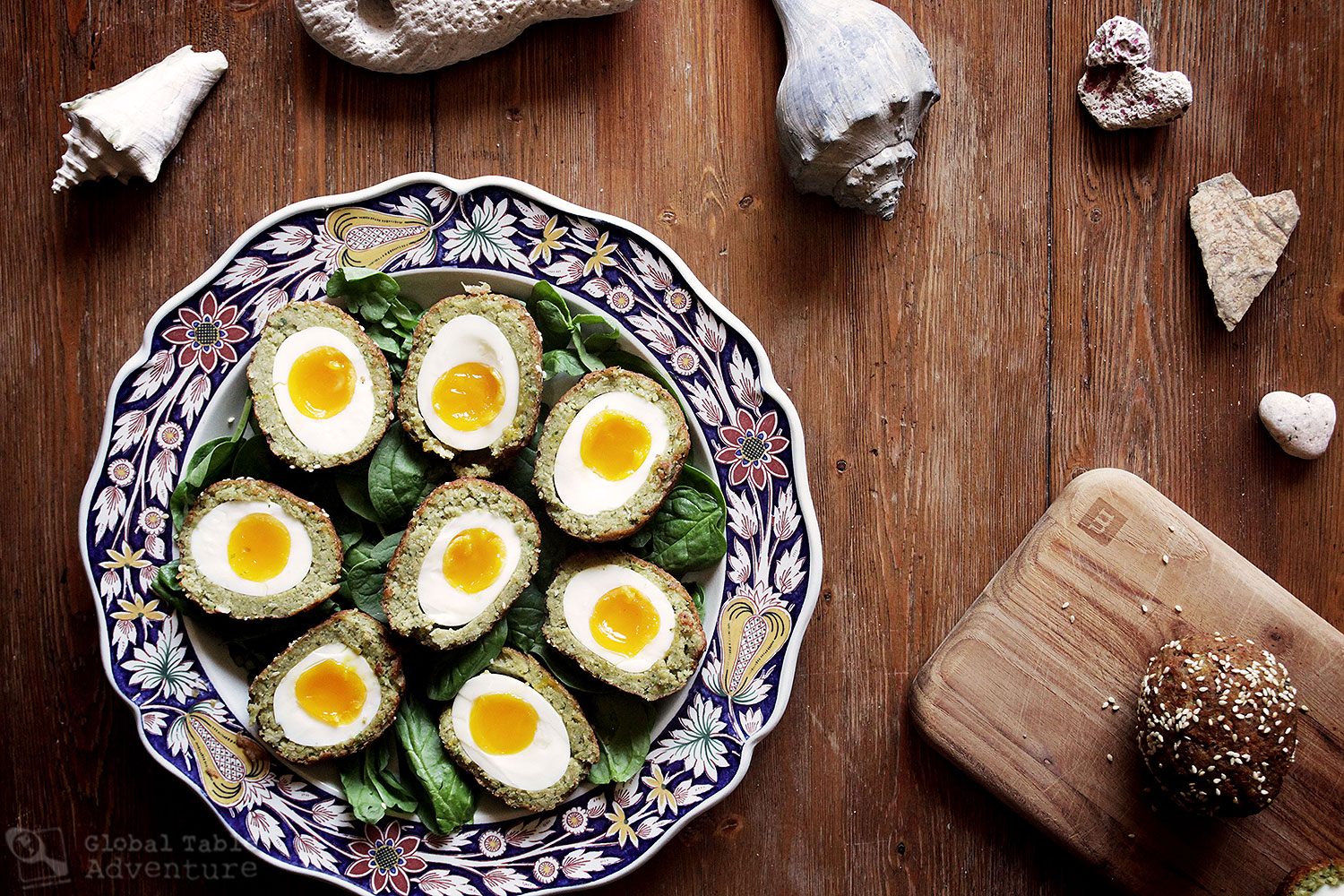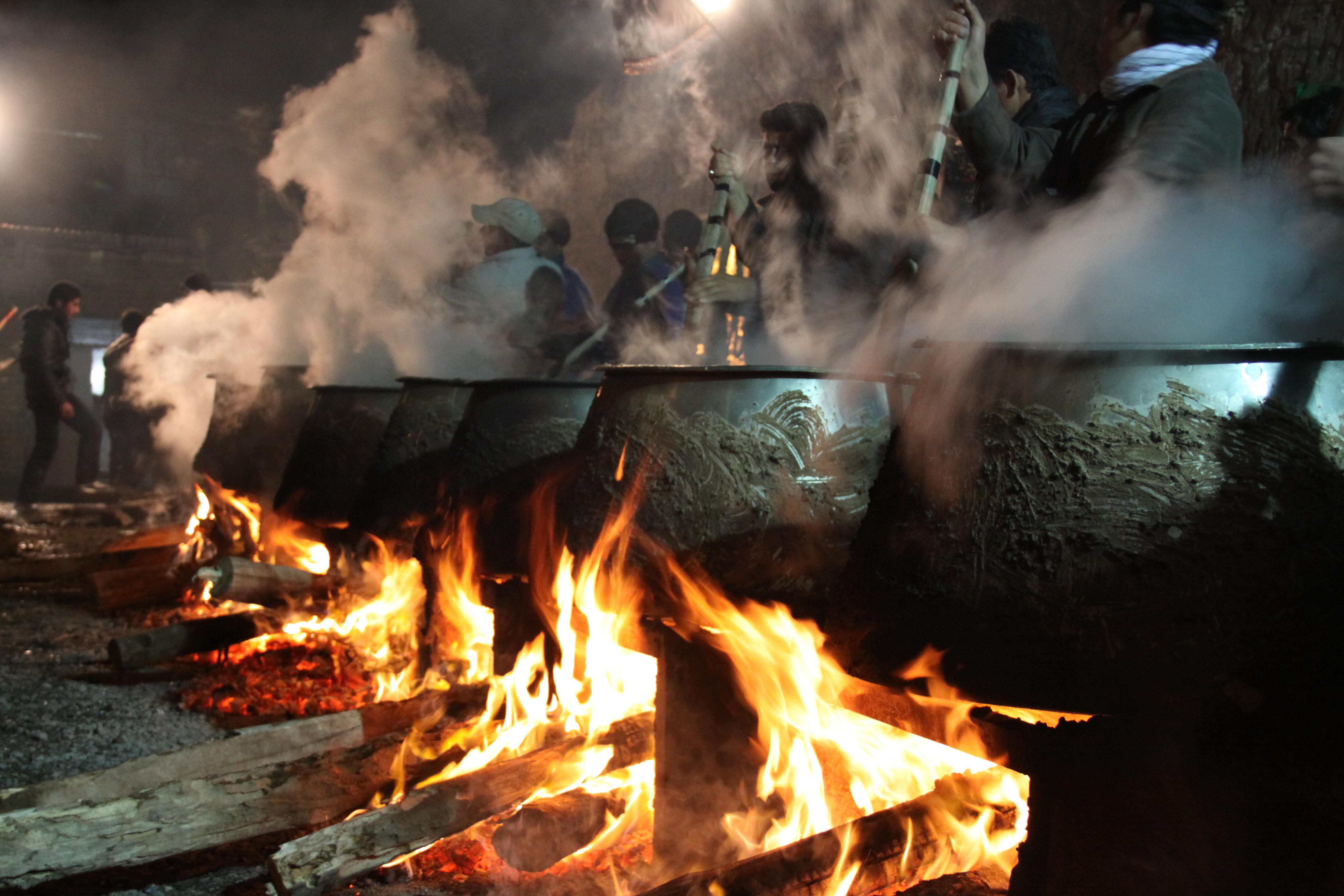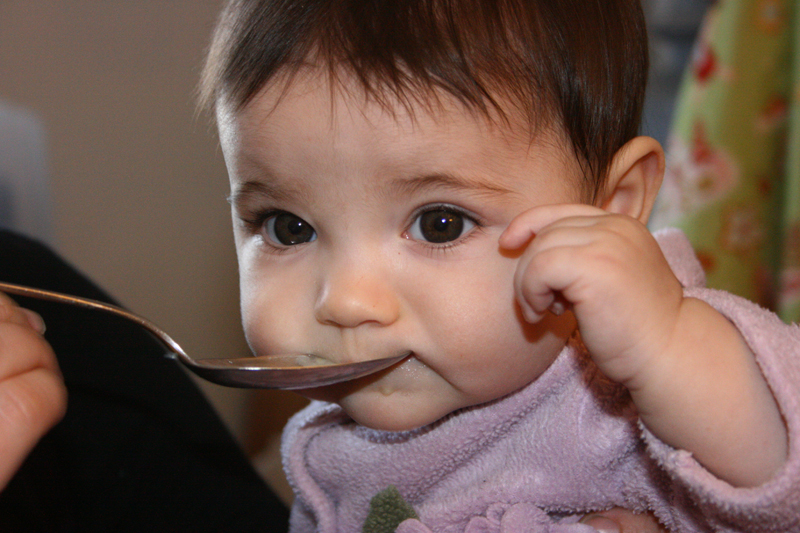Peace is not a verb Peace does not twist or rush between bodies of water or flesh; There is no giving or delivering of peace. Peace is not the catch in a mother’s throat before her scream scales the body nor does it rise from vacant eyes Peace does not love or die. Peace does not lift, does not hoist. There are no weeds peace uproots and replants with purpose. Peace is not something I do to you or force upon you; Though a lover makes love and a rapist rapes, Peace is without clambering, bargaining, begging for change. Peace is the weed being the weed; Peace is mourning all morning – if that’s what’s to be done. Peace is knowing things aren’t well and scraping breath over lung anyway. Peace is stillness in the storm – Finding the eye, the gaze; Lone requirement for clarity Lone requirement for change. *** This poem came to me last night. My cat had just brought in a mouse, which my husband and I proceeded to chase around …
Read More
Let’s travel to Scotland and enjoy a traditional Selkie legend paired with a Selkie-friendly recipe for Scotch Eggs. But first… what is a Selkie? On the cold, northern shores of Scotland you’ll find smoke-grey seals basking on the wet rock, backs glistening with ocean spray. On an ordinary day the seals might sit for a time then slip into the water, hardly making a sound as they go about … well… whatever it is that seals normally do. But when the light is dim or fog blankets the horizon, some report having seen the seal skins drop away, revealing men and women of great beauty, whose big, brown eyes give their gaze a look of dewy grace. These are Selkies – merfolk who can shed their skins and walk about on land. But there’s a catch with the Selkie’s freedom: if they lose their skin, they cannot return to their natural form. Instead, they are trapped on land, destined to remain human until they discover their skin again. A note on the Biology of a Selkie: Unlike …
Read More
Dear Mr. Kimball, At first, I was saddened to hear you left America’s Test Kitchen. Like so many, I’d come to rely on your impeccable standards and trustworthy recipes over the decades. They were a sure thing – dare I say, as sure as death and taxes but a lot more palatable. For me, this was more than a need for robot-like precision on my counter and in my oven (such an aim would be fruitless anyway: my oven runs hot – and it’ll be a long time before my pennies pile up enough to upgrade). My interest in your work started in 1998, when I was 19 years old. My mother is the one who introduced me to you, your recipes and your bow tie – an introduction wrapped up in the messy business of getting to know a mother who I had only seen once since I was 10 years old. Circumstances were challenging in my early childhood. My older brother and I slept in the living room, while Mom slept in the breadbox …
Read More
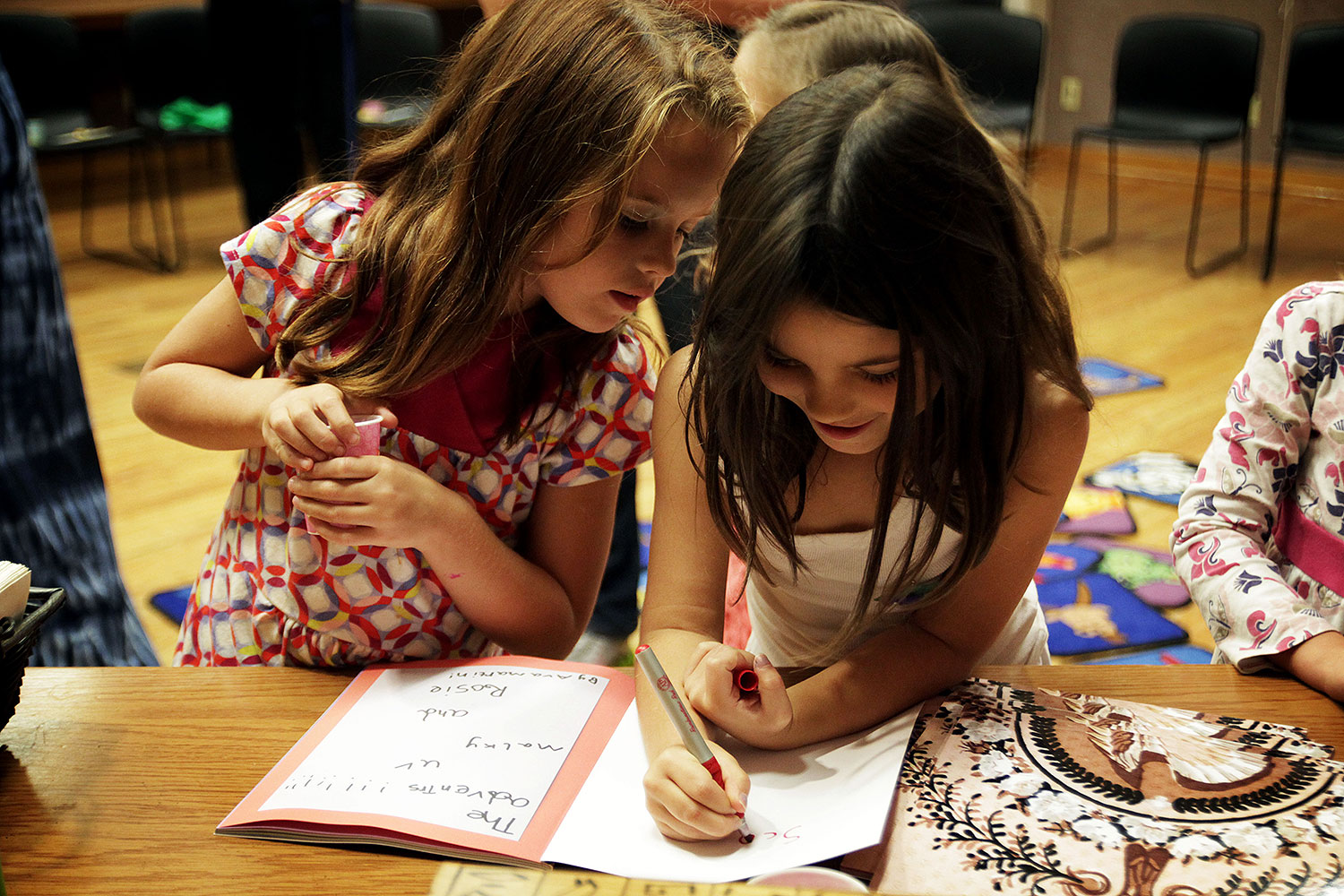
Creative writing is peace education. The process of creating a world on paper helps children understand the real world. When a child imagines themselves in strange situations – or better yet, when they imagine what another person would do in their story – they learn to “walk in other people’s shoes.” A question like “What would your character feel like in the desert, looking at up at a massive pyramid” gets at a deeper question – what is it like to live in another part of the world? Suddenly, a child who has put no thought into what it would be like to be born into a different situation is considering it. Creative writing helps children learn empathy. When done with care, creative writing is also a lesson in conflict resolution. Writing exercises should be built around traditional story structure, meaning the children must put their characters in some sort of peril. If a character’s boat tips over, then the child must imagine a way to get their characters to safety. If two characters have a disagreement, …
Read More
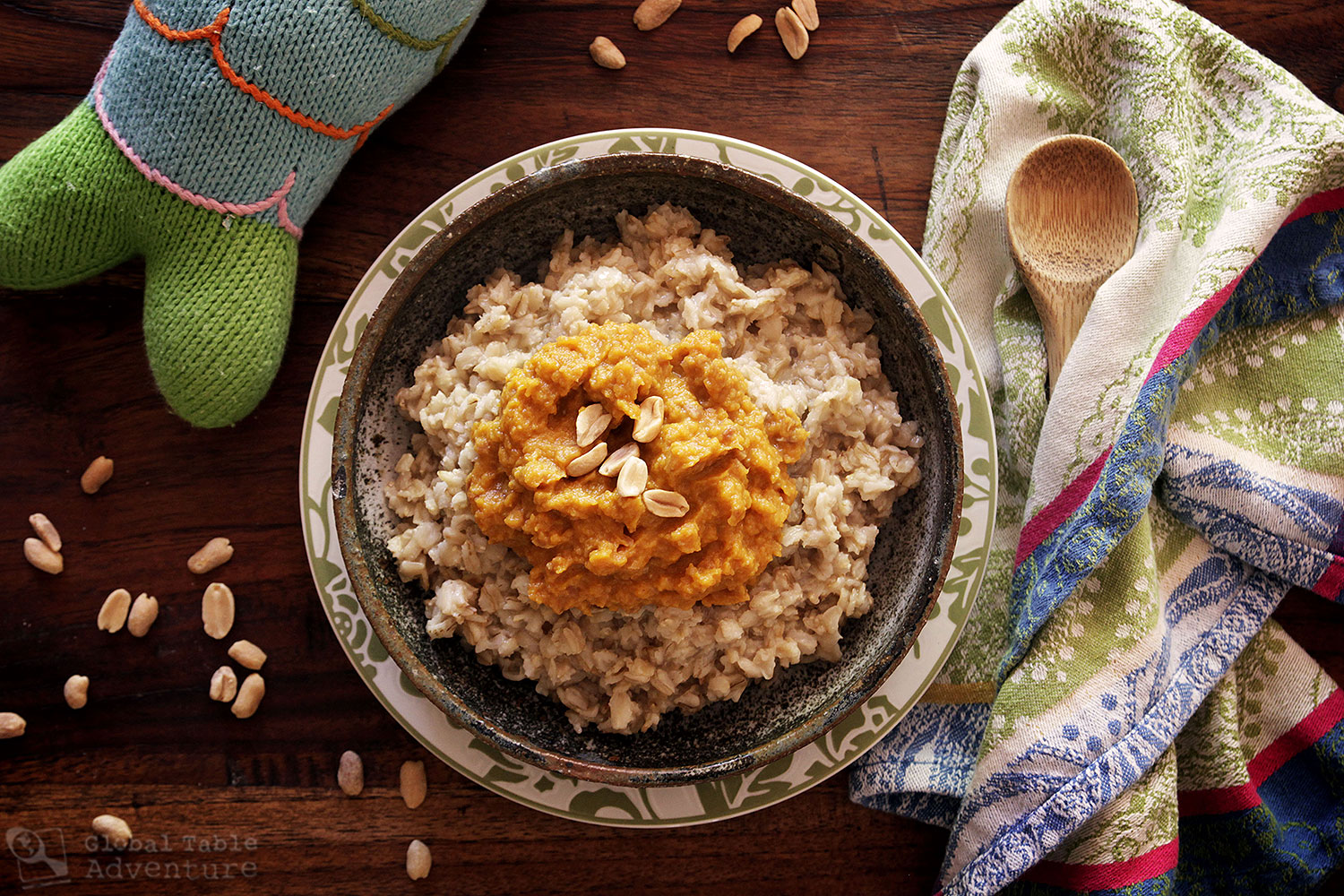
Forget what you know about The Little Mermaid. Zambia’s infamous mermaid, Chitapo, is no dewy-eyed, red-haired princess. To set eyes on this fierce water spirit, paddle along the Zambian/Congolese waterways – along Lake Namulolobwe, down Victoria Falls, into any number of smaller ponds. You might even find her cresting the salty Atlantic. How will you know it’s her? See that shadow caught up in a whirlwind? An elusive figure sunning on a rock, with the body of a woman and the tail of a fish or serpent? That’s Chitapo. Beware: Beautiful Chitapo is not content to observe humans from afar. Pay attention if things seem amiss in your village. Did a woven mat or a few beloved baskets vanish, then reappear a few days later? Is a neighbor’s missing collection of pots and pans now floating on the murky lake? Chitapo pushes this shiny bait in the shallows, luring unsuspecting victims to their untimely death. Tempted to wade into the water to retrieve these prizes? Think you can outwit, or out-muscle this water spirit? Good luck. Even those with unflinching biceps and …
Read More
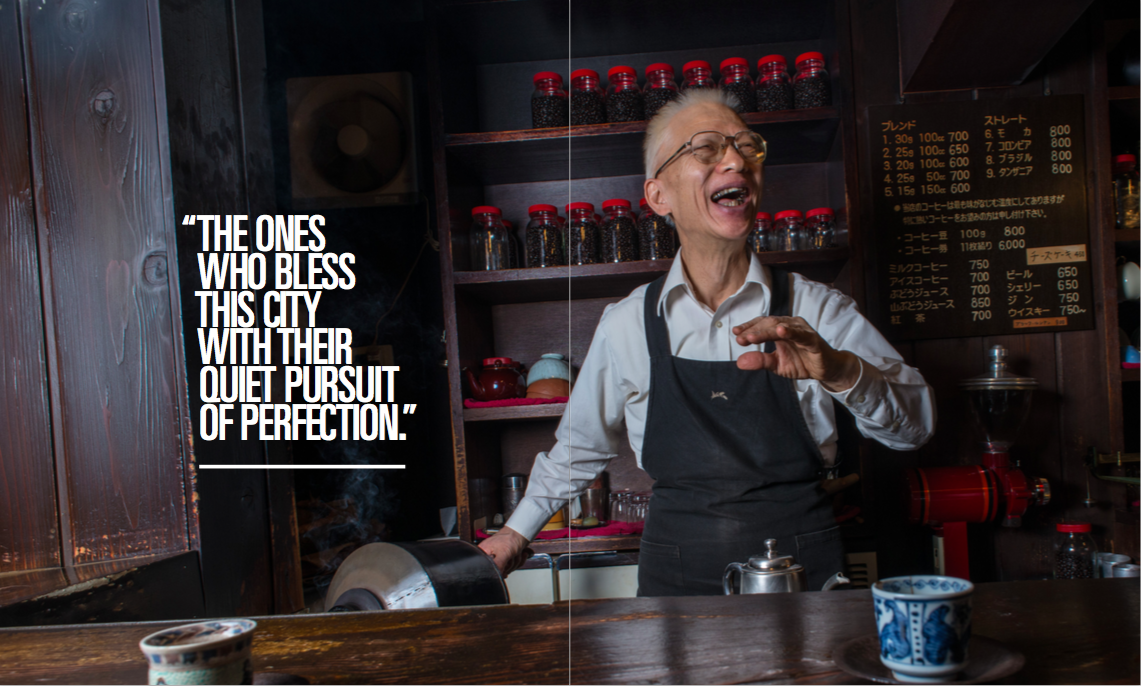
My favorite time to obsess about my parenting choices is when I’m washing dishes, a mixture of warm soapy water and tomato sauce soaking my belly. Am I raising my six-year old right? Should she be doing more than yoga and dance? Or is she already too busy? Does she have time to let her mind wander? Should she be helping me with the dishes? Or would she be better off making mud pies? Then I began reading Rice, Noodle, Fish, by Matt Goulding. The subtitle to this book is not Parenting for Chefs… Nor did Anthony Bourdain Books / HarperCollins, the publisher, intend this book to have an interdisciplinary application. But the best books do. This is not some gentle text. Pursuant to the actual subtitle, Deep Travels Through Japan’s Food Culture, this is not some gentle text, allowing the reader to sit comfortably in whatever generalist assumptions we might have about Japanese cooking. This is a 1,000-x magnification, showing crumb-level texture of the food scene in several major Japanese cities. From Tokyo to Noto, we sweep quickly past …
Read More
One of the largest fish ever caught is the stuff of Māori legend. Today, this fish is known as New Zealand’s north island. The fisherman able to haul in such a prize? Māui, the mythological hero. As the story goes, Māui paddled his canoe far out into the ocean in search of a big catch. He used his ancestor’s jawbone as a fish hook, coating it with blood from his nose. Down, down, down went the hook, into the depths of the deep blue waters. After some time, the slack line tightened. It took all Māui’s strength to reel in the heavy fish. Stumbling under the effort, Māui had to brace himself on the edge of his canoe as he pulled the line up, up, up. When the fish finally rose out of the water, Māui gasped. It was the largest sea creature he’d ever seen, big enough to blot out the horizon, with shiny green scales. Māui decided to leave this precious prize with his brothers while he set out in search of a priest to bless …
Read More
Last month I received some bad news – enough to shake me up pretty good. We’ve all been there: maybe someone you love gets in a car accident, maybe you blow an important work deal, break a leg, or lose your job. It’s bad news, but ultimately something you can get through, work out, and – hopefully – survive with grace. Grace for yourself and grace for those around you. This is different than experiencing death or other profound loss. This drudgery of grief grinds at the spirit but doesn’t destroy us. As a coping mechanism many bury their emotions and just… move on. They protect themselves by “holding it together.” But grief finds the cracks and shows up in unexpected ways. After an hour of cleaning the kitchen (my first line of defense against stress and grief), I drove to the craft store, thinking I’d get some supplies to do a little art therapy. I stared at the black ink pens for so long that it would be reasonable to think I was either a shoplifter or had fallen asleep. …
Read More
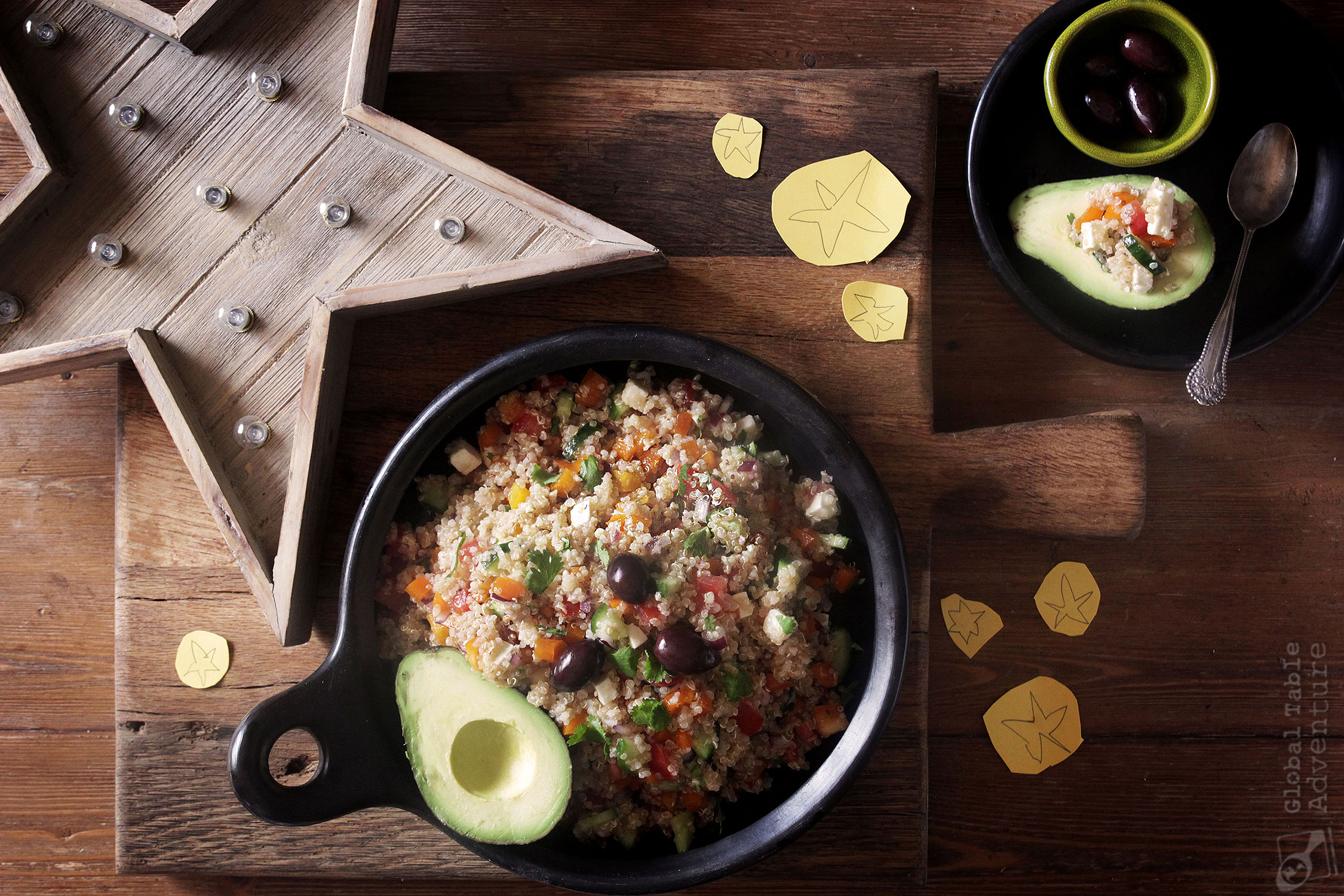
Step out under the sky tonight and scan the heavens. Seek out a star, winking in the darkness, livelier than all the rest. This, my friends, is the proud, playful star-sister who brought quinoa to South America. Legend has it that, long before hip, suburban health food stores stocked this comma-shaped seed, the Aymara people* of the Andes were given the gift of quinoa. It was the Aymara’s first harvest, near Lake Titicaca. While toiling in the fields, the farmers noticed that someone had dug up and stolen some of their potatoes. Determined to catch the thief red handed, one young man decided to stay up all night and keep watch over the fields. The young man hid behind some bushes and waited. The hours slipped slowly by, leaves rustling in the moonlight, tempting him with sleep. He eyes began to droop, his back began to hunch. Suddenly, the sound of laughter rang out. He bolted up and peered through the brush. On the far side of the field he saw several young maidens – the star-sisters – come …
Read More
We began cooking the world with Afghanistan, when my daughter was 7-months old. We completed the final country, Zimbabwe, when she was 4 1/2. Now she’s 6 1/2 and we continue to try new foods weekly. Below is a unique look into my daughter’s perspective about our Global Table Adventure – as I like to imagine it. This first installment is her perspective in the first six months of the adventure, from 7-13 months old. Who says you need teeth to eat the world? I’m only seven months old but mom tells me we’re going to eat a meal from every country in the world. That’s more than 195 countries! It’s hard to imagine – especially since I just ate my first foods last month and I don’t have any teeth. Mama talked to my pediatrician (as you should before giving your baby any new foods) and learned all about Baby Led Weaning. Turns out I’m not destined to months of jarred baby food! Instead, I can gum my way through softer bits of age-appropriate …
Read More
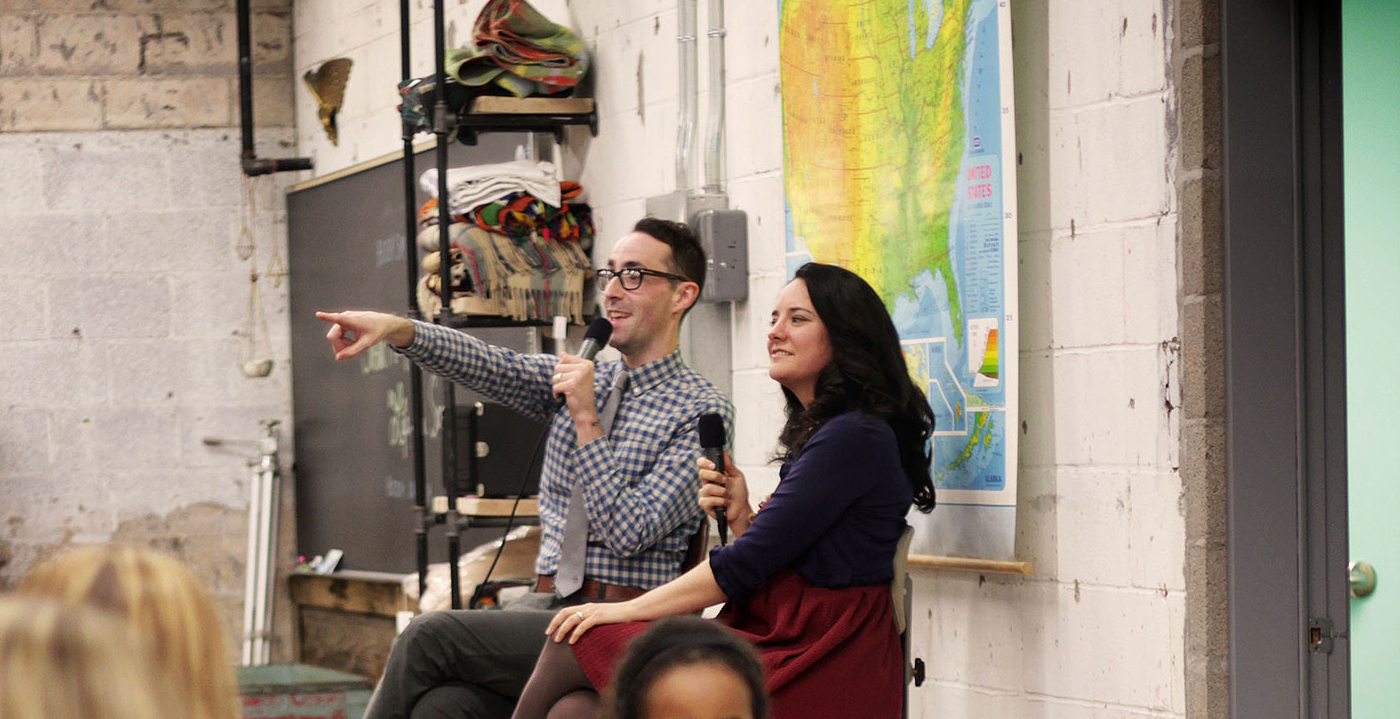
No one prepares authors for what can happen after they publish their first book. Of course they tell us lots of things in preparation for “magical” book launch day: Come up with a marketing plan (huh?); Pick out a favorite pen for signings (Oooo, how I adore my blue-ink fountain pen); Look presentable (learned how to use a curling iron at 35 years old – huzzah!). The advice is mostly the same whether you’re self published or going through a traditional publisher. None of this prepared me for what actually mattered to me as a first-time author. You see, I stopped checking sales early on after Life from Scratch came out. I couldn’t bring myself to care about statistics, weekly trends and blah, blah, blah. Instead, I found myself running to my email and opening messages like this: I am in the middle of your book right now and I’m loving it!!! When I’m not reading it, I’m thinking about your story and your words all the time. We just started fostering little ones last August and …
Read More
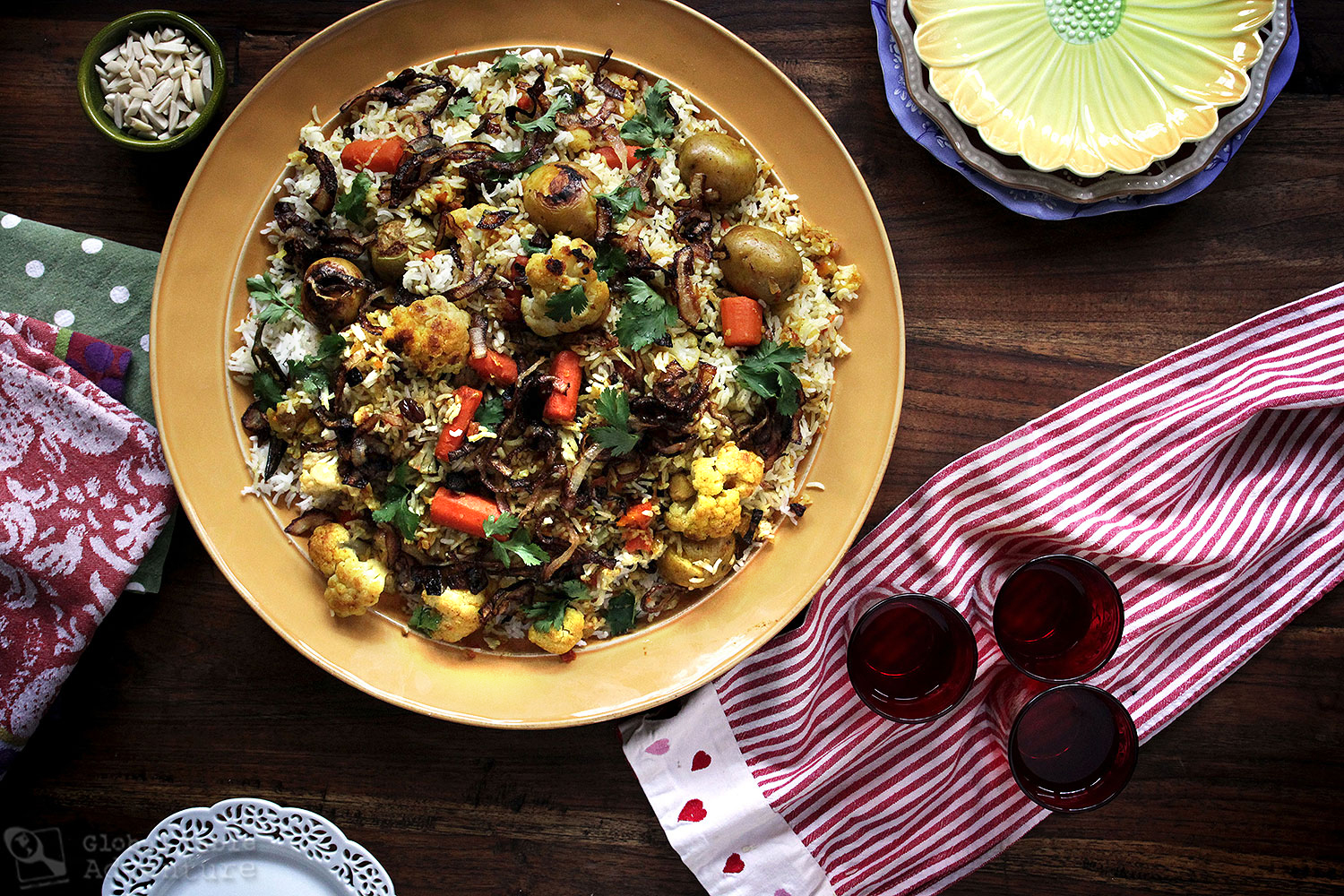
Cooking a pot of Biryani can be deer-in-the-headlights overwhelming – so much so, most people wouldn’t consider getting the spiced rice dish anywhere but a restaurant. But – ah! I recently learned a few tricks that make cooking this party dish less like facing an oncoming semi-truck, and more like conducting a well-orchestrated fireworks show. A lesson in perseverance Real talk: The first time I made biryani I crashed, burned, and vowed to never make it again. Though you can also find the recipe in India and other nearby countries, I first got the idea of tackling biryani while reading Rickshaw Girl with my daughter. This empowering Bangladeshi chapter book features a young artist who wants to help her struggling family. Though the little girl can’t make money with her Alpana drawings, she hatches a plan to drive her sick father’s rickshaw to supplement the family’s income. Though men traditionally earn the money in her community, she perseveres, proving that girls contribute as much as boys. When the girl’s family shares a platter of biryani on International Mother Language Day (February 21 – “to promote the …
Read More


